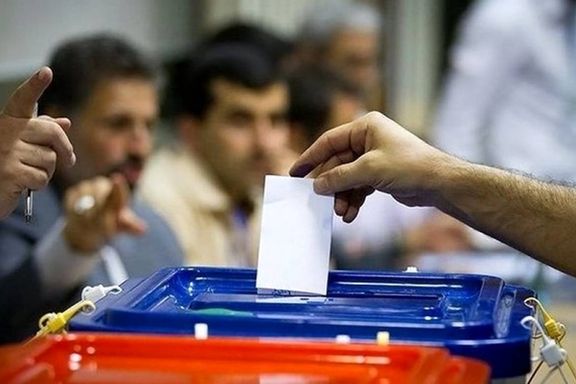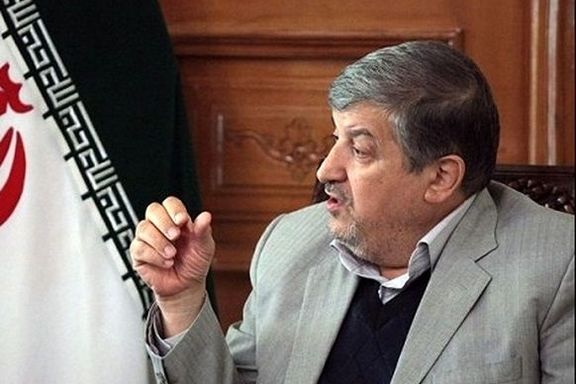Iranian Politicians Fear Low Turnout Amid Public Discontent

Some Iranian politicians have lashed out at their hardliner rivals for doubling down on their idea of monopolization of power known as "political purification".

Some Iranian politicians have lashed out at their hardliner rivals for doubling down on their idea of monopolization of power known as "political purification".
A centrist politician, Mansoor Haqiqatpoor criticized the hardliners who have sway in the parliament and in President Ebrahim Raisi’s government, arguing that real number of those advocating purges and political purification is just 98, explaining sarcastically that "There are only two busloads of them!"
Hardliners launched their purification campaign earlier this year, seeking to consolidate all political power within the ranks of the Paydari Party. The campaign has gone much further than just the government, with hundreds of university professors, teachers and artists fired or banned from working.
The takeover by hardliner, however, began in early 2020, when the Guardian Council that has the power to vet candidates, disqualified hundreds of individuals from running for parliament. The same trend continued in the 2021 presidential elections, when all serious contenders were barred from running and Ebrahim Raisi cruised to the presidency.
Haqiqatpoor went on to say, "We can confront the advocates of political purification if the people turn up at polls" in the upcoming parliamentary elections" in March 2024.

He accused the members of ultraconservative Paydari Party of joining hands with hardliner individuals (meaning clerics) in Qom, the home of Iran's biggest Shiite seminary, and created the alliance that is pursuing the monopolization process on the Iranian political landscape. "They are currently engineering the purification process," he said.
Haqiqatpoor emphasized, "I hope the Guardian Council will confront these hardliners who are promoting the rhetoric of dictatorship." He accused Paydari leader Sadeq Mahsouli of disregarding the capabilities and merits of most Iranians, aiming to limit government membership to his party members. Haqiqatpoor also alleged that Paydari's leaders, wealthy individuals, exploit the country's resources for the benefit of the party.
Referring to Paydari's influence in Imam Sadeq University, Haqiqatpoor said: "The management of all the petrochemical plants of the country has been handed over to Imam Sadeq University alumni." He asked: "Doesn't have Iran any other university?"
He said Paydari is already controlling the government, the parliament, the state television, the ultraconservative Kayhan newspaper, the national Pension Fund and many other institutions. Nonetheless, he characterized Paydari members as "political dwarves."
Regardless of Paydari's all-out onslaught to monopolize political power in Iran and its political rivals' hope in elections as a means of changing the situation, reformist politician Hassan Rasouli told reporters in Tehran that except hardline conservatives who are fiercely competing with each other over winning the next parliament, no one else in Iran shows any interest in the upcoming elections.
Rasouli stated that "There is no movement among other political groups and parties indicating that they have any interest in the elections." He explained that "Three factors need to be present to facilitate a competitive election: People's reasonable satisfaction with the country's political, economic and cultural situation, various groups and parties' representation in the election, and the healthy process of the elections."
He explained that currently, there is a high degree of popular dissatisfaction and unhappiness about the way the government operates. Only a swift action on the part of the government can provide a representative basket of candidates for the voters to choose from.
"Obviously, if this dissatisfaction continues until March 1, no one can have any hope about a high turnout in the upcoming elections," Rasouli reiterated. In that case, he added, the turnout is likely to be even less than the 2020 elections which was the lowest of its kind in Iran in four decades.